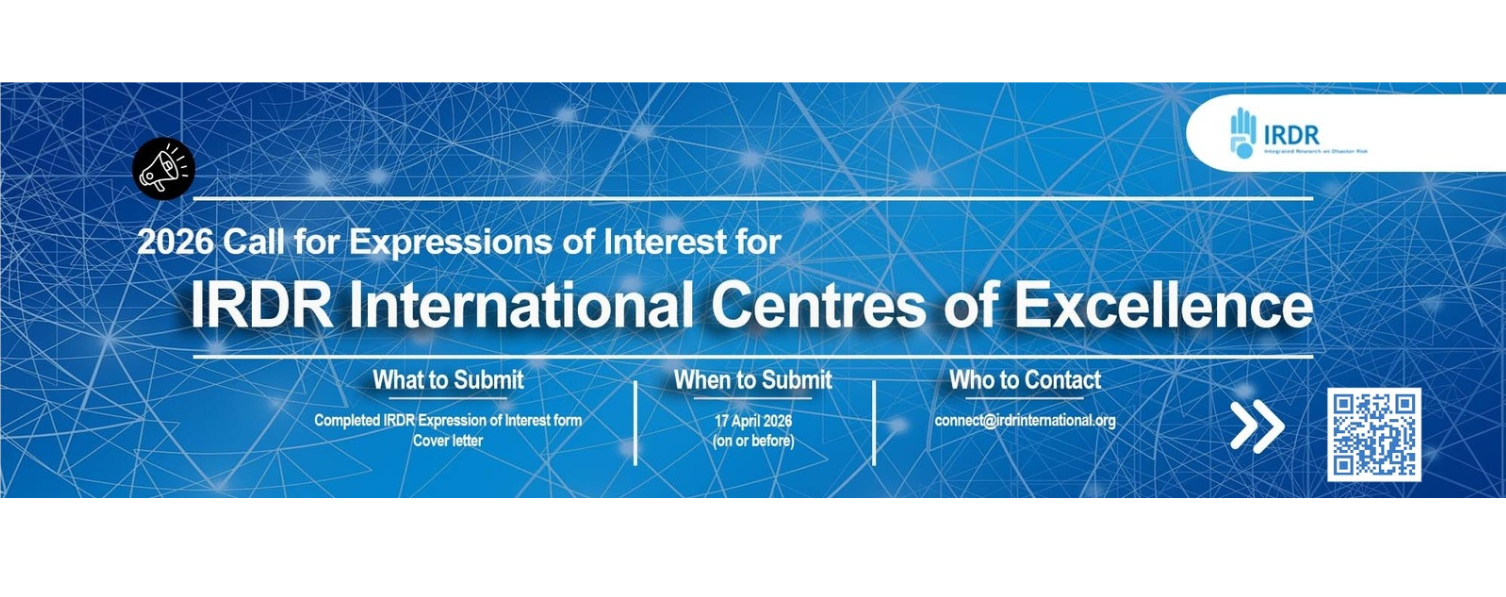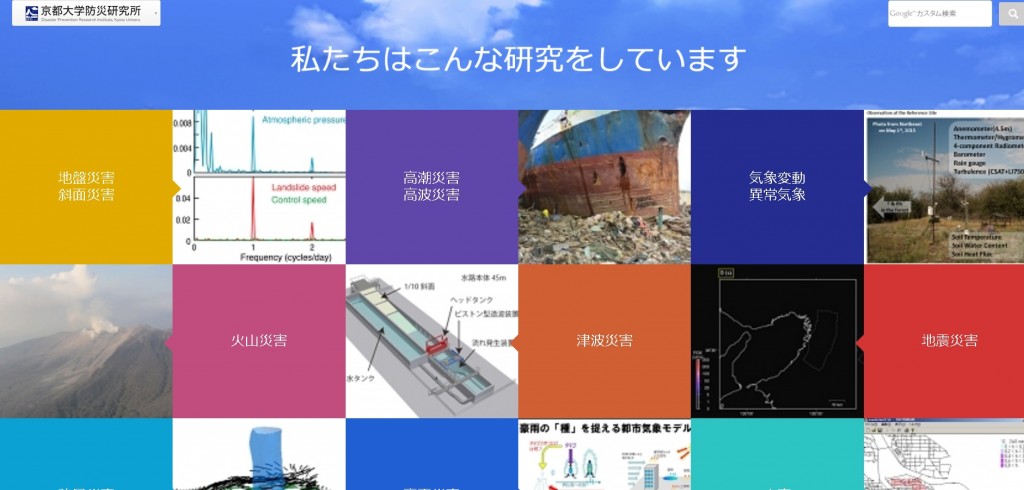From July 3 to 15 Ximena Roncancio (Colombia) Armand Kablam (Cote D ‘Ivoire) Khalid Bahaudin (Bangladesh) and Antonethe Castaneda (Guatemala), members of Young scientists of IRDR participated in São Paulo School of Advanced Science on Climate Change: Scientific basis, adaptation, vulnerability and mitigation.

Credits: Young Scientists of IRDR
SPSAS CLIMATE CHANGE
The School aims to contribute to the training of graduate students in the area of climate change. The school will foster the exchange of knowledge from many disciplines and sectors, among the participants and with School lecturers and organizers. It will also promote the development of collaborative networks to gather a critical mass of young scientists interested in climate change and its impacts on ecosystems and society[1].
BACKGROUND
Environmental research is complex and involves a variety of topics, such as water, land, biodiversity, pollution, food security. Climate change adds to the complexity and enhances the discussion of environmental problems. It requires more comprehensive and interdisciplinary studies to aid decision-making and actions needed for the benefit of the planet and society. Because of its overarching importance, climate change has been constantly in the public eye, especially since the creation of the Intergovernmental Panel on Climate Change (IPCC) in 1988. Programs have been established to foster climate change studies in many countries. Examples of research programs on climate change in Brazil are: FAPESP Research Program on Global Climate Change (RPGCC), the Brazilian Research Network on Global Climate Change (Rede Clima), the Brazilian Panel on Climate Change (PBMC), and the INCT for Climate Change (INCT-MC). In the Brazilian academic field, research groups, such as INCLINE, have contributed to the discussion of climate change sciences with contributions from many scientists and universities in the country.
GOAL
To provide graduate students with advanced knowledge on climate change science and related topics, including aspects of public policy. Participants will discuss with renowned scientists important themes of the three Fifth IPCC Assessment Report Working Groups, in a multidisciplinary and multicultural context.
Young Scientists of IRDR members participated with Scientific Posters with Post-PhD students, PhD and Masters from different countries. An important aspect was the encounter of those beyond the contact through the web.

Credits: Walter Hugo.
[1] Taken from the web http://www.incline.iag.usp.br/data/spsas_about.php





